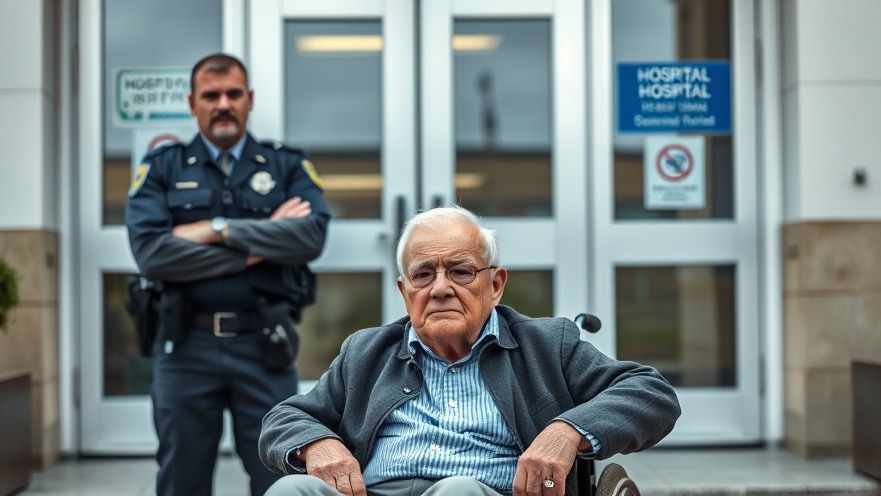
Empowering Individuals with Dementia: Their Right to Vote
As the 2024 General Election approaches, it’s time to highlight an often-overlooked issue: the voting rights of those living with dementia. Many believe that mental incapacity precludes a person from exercising their democratic right, but that's a misconception that needs addressing. In reality, everyone, regardless of their cognitive status, has the right to vote, and ensuring they can participate is critical.
Understanding Voting Rights Under the Law
Understanding the legal framework governing voting rights is vital for caregivers and family members of individuals living with dementia. According to the Electoral Commission, there are no legal restrictions preventing individuals with dementia from voting. This is a crucial point: the Mental Capacity Act does not apply to the act of voting itself. Thus, even if someone is deemed unable to make specific decisions due to dementia, they retain their voting rights.
This is also supported by equitable legislation that emphasizes the inclusion of disabled individuals in the democratic process. It is reassuring to know that individuals with dementia have the same right to vote as every other citizen in the UK. Furthermore, ensuring these rights are upheld is a fundamental part of advocating for those we love who live with dementia.
Methods of Voting: Options Beyond the Polling Station
On voting day, going to a polling station is just one way to cast a ballot. For individuals living with dementia, other options, such as postal voting and proxy voting, provide valuable alternatives that can reduce the stress of navigating a busy polling place.
Postal voting allows an individual to receive their ballot by mail, giving them ample time to fill it out in a familiar and comfortable setting. Additionally, proxy voting enables someone to designate another trusted person to vote on their behalf. Understanding these options can empower families and caregivers to ensure that their loved ones can participate in the election process seamlessly.
Making the Voting Process Accessible
While the legal rights to vote are clear, the logistics can be challenging for those living with dementia. Thus, it's imperative to provide the necessary support. Here are a few practical tips for making the voting process more accessible:
Educate: Inform individuals with dementia about their voting rights. Knowledge is a powerful tool in ensuring they feel confident in their participation.
Plan Ahead: Develop a voting plan and discuss it with the individual involved. Knowing when and how they will vote can ease anxiety.
Provide Support: Depending on the individual’s needs, offer assistance with navigating the voting options that work best for them.
Breaking Down Barriers: Ensuring Every Vote Counts
As we move closer to the election, the conversation surrounding voting rights for individuals living with dementia must continue. Engaging local communities and raising awareness about this essential issue can lead to increased support and understanding. Organizations and advocacy groups play a vital role in this, as they offer resources and assistance to empower individuals living with dementia in exercising their voting rights.
When society actively breaks down barriers, we create a more inclusive democratic process, ensuring that everyone's voice is heard.
Take Action: Advocate for Accessible Voting
During this election cycle, your role as a caregiver or concerned citizen can greatly impact the lives of individuals living with dementia. Advocate for their right to vote by spreading knowledge about accessible voting options and legislation that protects their rights. Encourage discussions in your community about how we can make the electoral process more inclusive. Remember, every voice matters.
 Add Row
Add Row  Add
Add 




Write A Comment